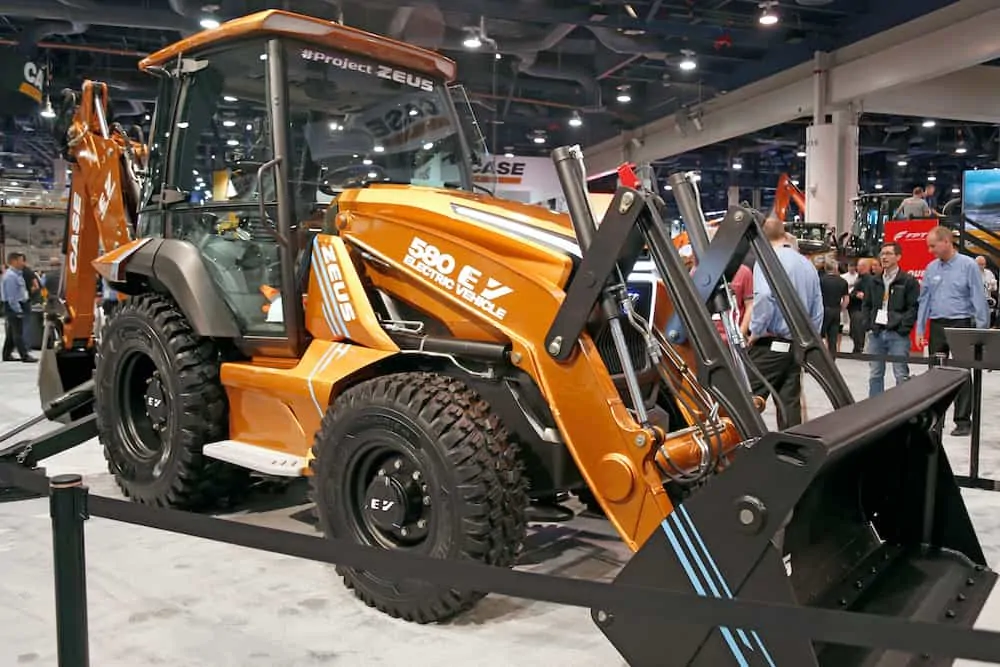



Article by: Hari Yellina
Due to rising fuel expenses, long-haul transportation businesses are looking at the possibilities of electric cars. Janus Electric, which only recently released its road-ready prime mover powered entirely by batteries in February, has officially launched Vision Electric, a 12-month Australian experiment to put electric trucks through their paces and test exchangeable battery technology. With truck batteries being able to be dropped off at “change and charge” stations, reducing downtime for drivers on lengthy hauls, Janus Electric co-founder and general manager Lex Forsyth said there was “great possibilities ahead.” “Port Augusta, South Australia, is being prepared for our trial, along with (mine company) Oz Minerals and (infrastructure company) Qube Bulk, on a triple road train bringing copper concentrate into Whyalla, South Australia,” said the business.
“We’re thinking at having a station in Adelaide, and that will be available to other carriers as well.” “Another logging carrier customer in the Mount Gambier, South Australia region is converting as well and is searching for a depot charge within their facility.” As demand develops, Janus Electric has locations planned for Victoria, Queensland, and regional NSW. Mr Forsyth said he was getting up to 10-15 fleet inquiries a day from clients in Australia and worldwide, as well as interest from major agricultural operators in the grain, logging, and dairy industries.
He said that the long-haul transportation industry might achieve carbon neutrality in a matter of years. “Most original equipment manufacturers estimate that we won’t see battery electric or hydrogen long-haul vehicles in Australia until 2028,” he added. “We’re telling you that’s not right, and you can do it right now.” While current gasoline prices are a huge motivator, Mr Forsyth believes the agricultural industry is more attracted by carbon neutral options. Volvo is also testing the potential of electric trucks in the trucking industry. With their Volvo FL Electric model, the firm just completed a multi-faceted testing programme to see how fast charging and extreme heat could affect range, battery charge, and vehicle performance.
Engineers put the truck through a series of on-road testing in 35 degree plus temperatures, equipped with what the business calls “second-generation battery packs” with a capacity totaling 265 kilowatts. With a gross weight of 15,000 kilogrammes, the FL Electric travelled 730 kilometres in a variety of traffic and terrain situations, including a 6% gradient climb up the Toowoomba bypass in Queensland. If truck firms investigate other fuel choices, circumstances and weather conditions, according to Volvo strategic projects and communications manager Matt Wood, are significant aspects to consider.